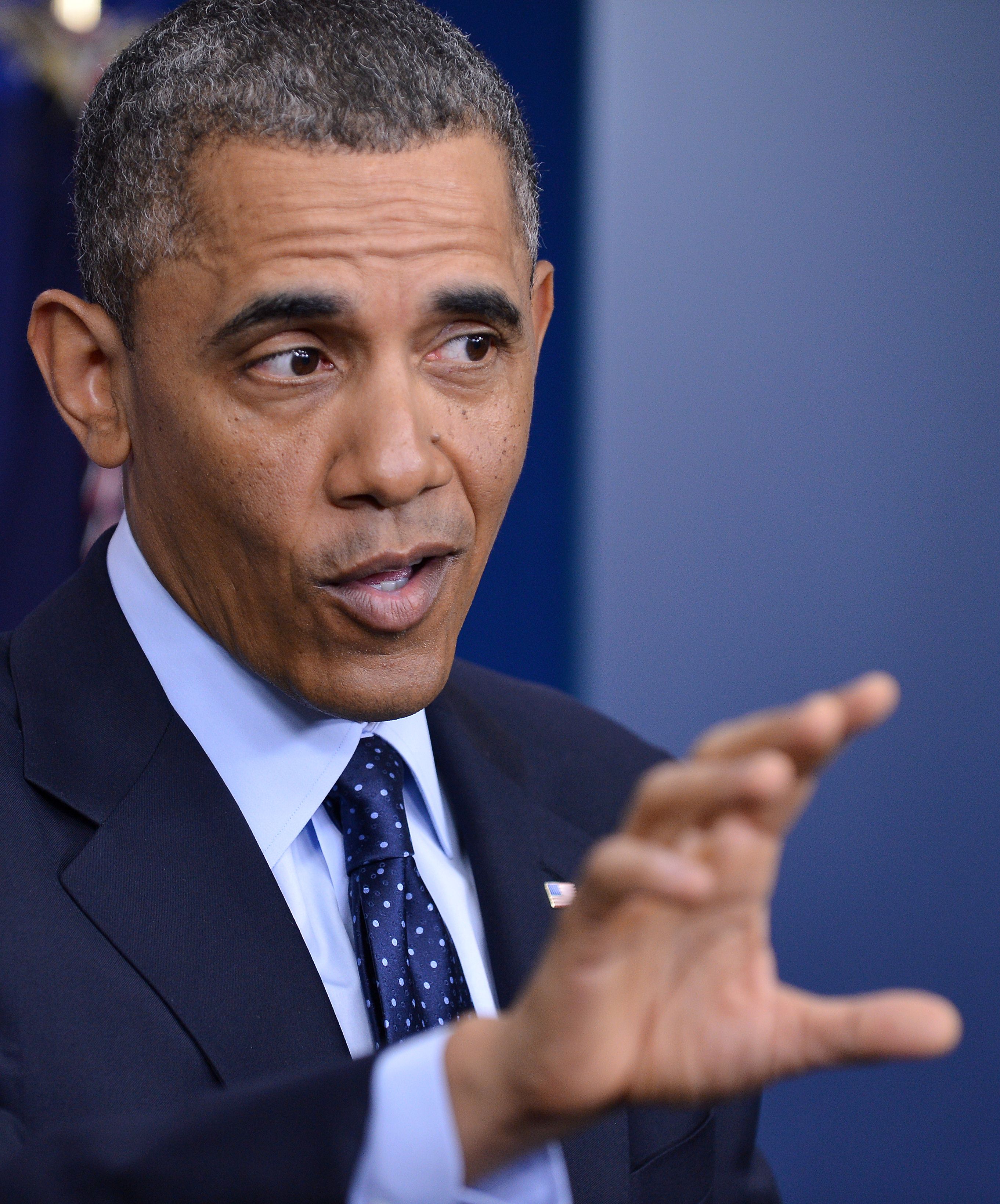They look like African runners. They run like African runners and they win medals like African runners.
Except that Mo Farah, Myriam Soumare and Elvan Abeylegesse are not really African. Along with around a dozen other athletes at the recently concluded 2010 European Athletics Championships in Barcelona, they represented people the majority of whom they don’t look like. Farah, Soumare and Abeylegesse are all black but come from Britain, France and Turkey.
I have nothing against people of dark skin but a black Swede is admittedly as strange as would be somebody called Mohamed Asimov.
There’s nothing wrong with these concoctions in the legal sense but you must wonder where the original inhabitants went. Apparently, they are no longer good enough to win at the international level, so they need to import.
What is just as noteworthy as local whites being supplanted by black athletes from abroad is the very public buying and selling of foreign players.
The lack of local talent is forcing countries with money, like Qatar and Bahrain, to import a foreign legion to win track medals. Kenya is proving to be the picking ground of choice. The poaching has worked.
Qatar’s Olympic medal breakthrough in 1992 was achieved by Somali-born Mohamed Suleiman who made history with his 1500m bronze while, for the 2000 Games in Sydney, Qatar paid $1 million to Bulgaria for eight weightlifters.
Bahrain has also been quick to mount raiding parties in Africa. Gregory Konchellah was the most high profile. His father, Billy Konchellah, was the 1987 and 1991 world champion at 800m. Gregory is now Bahraini and competes as Youssef Saad Kamel.
Bahrain’s Rashid Ramzi, who switched nationality from Morocco in 2002, is a double world 1500m champion.
Such nation-hopping vexes international sports officials who’ve tightened eligibility rules to combat perceptions that athletes from poorer countries are resources for the highest bidder. In 2005, the IAAF, track and field’s world governing body, ruled that athletes would have to wait three years from being granted citizenship before they could run for a new country. The three-year period can be reduced to one year only if the athletes’ home countries approve of the shifts. Previously, players were allowed to represent their host countries as soon as their deals were complete. With the new law in place, the IAAF hoped to curb the so-called traitors.
But the tightening of the rules by the IAAF merely forced nations to switch from buying established stars to headhunting the most promising juniors.
The defectors have some sympathy. Even an African gold medal winner in an Olympics or world championship can end up peddling his medal for cash, so dire is his living conditions. This naturally forces other athletes to start thinking about their future early and practically, but not always without consequence. When Stephen Cherono, a Kenyan, won the 3,000 meters steeplechase at the World Championships in Paris in 2003 having changed his name to Seif Saaeed Shaheen and switched allegiance to compete for Qatar, he became deeply unpopular with his fellow Kenyans, not just because he dumped his nationality but also because his salary of $1,000 a month for the rest of his life, plus significant performance bonuses and endorsements, was more than most of his peers could dream of.
In return for Qatar’s kindness, its citizenship and cash, athletes are expected to win medals. Gold medals bring prestige and publicity.
But the brazen naturalization of African athletes has left the countries that buy them at the receiving end of heavy criticism from the IAAF and the world media. Gold medals won by foreign athletes hosted by nations with minimal sports histories and negligible sports cultures are looked on as not being representative of a true sports nation or its dedication to sports.
One week you’re Kenyan, a week later you’re somebody else. When you change your nationality, name and very identity, representing an entirely different country than your own, and when you get up on that podium and listen to what is now your national anthem which you don’t even know the words to, and very clearly all this for financial reasons — then there’s something wrong here.



